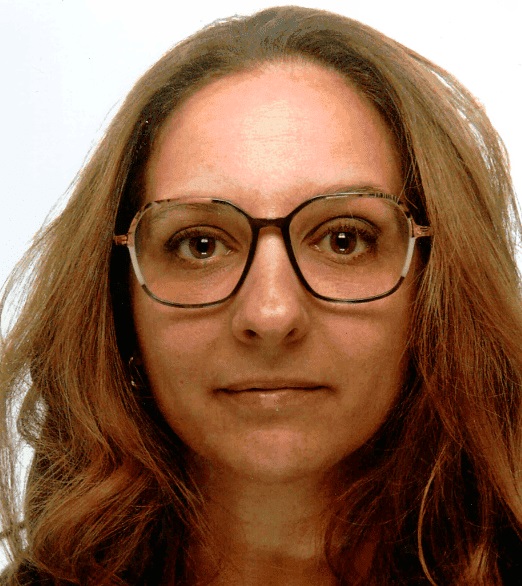ICED 2022 - International consortium for educational development Conference - Sustainable Educational Development
Date : du 31-05-2022 au 03-06-2022
Lieu : Aarhus et à distance
Modalité : en présentiel et/ou distanciel
Organisation : International consortium for educational development (ICED)
Programme :
The United Nations' 17 Sustainable Development Goals that were adopted in 2015 address challenges related to the climate crisis and environmental challenges, to poverty, health and hunger and to increased equalities. Apart from being one of the goals in its own right, education (goal 4) plays a pivotal role if the 17 goals for a sustainable future shall be achieved. This includes educational developers in higher education who have a particular responsibility for educating the researchers, professionals, experts etc. to increase our understanding of challenges and propose solutions to move the goals forward and the cultural, political and other conditions that can make it possible. Higher education should also educate citizens who on an informed basis can engage in the public, democratic conversations about how to achieve a more sustainable future.
The ICED 2022 conference addresses the challenges and responsibility of higher education in contributing to a sustainable future, and in particular to the need for educational development and educational developers to engage in this process. However, it takes the topic one step further, building on the idea that quality education is sustainable education. If higher education shall truly rise to the expectations related to the sustainability agenda, the educational development needs to be sustainable as well. This agenda includes sustainable teaching and learning environments and lifestyles among teachers and students, global citizenship and appreciation of diversity in higher education, and equal opportunities and universal access to higher education and the contribution of educational development to this endeavor, among other focus areas.
Consequently, the ICED 2022 conference will address the role and responsibility of educational developers in coping with the Global Goals of sustainability in local contexts. This includes development of teaching and curricula that can bring the 17 goals forward, and it includes how this educational development can occur in a sustainable way. In many countries, students and teachers at higher education experience an increased pressure due to funding that does not necessarily follow increasing student numbers. Also, the covid-19 pandemic has shown just how fragile we are - students, teachers, developers - when external conditions change and position us in situations that require sudden adjustments. The pandemic - still sweeping across the countries at the time of writing this text - has revealed the vulnerability as well as the resilience of higher education when facing such challenges.
SUBTHEMES
The overall theme includes a number of interesting and relevant perspectives illustrated in the following subthemes. These subthemes are concurring tracks at the conference.
Resilience
How to support teacher agency and teacher identity in times of changes and transitions, and how to build resilient teacher teams and teaching cultures?
No description entered
Durability
How do we maintain visibility and partnerships with teachers, and how could educational development centers interact with leadership and management about durable and long-lasting educational development solutions?
No description entered
Access, equity and diversity
How could educational developers and educational development respond to the societal issues of access, equity and diversity? How are these responses translated into practice?
No description entered
Sustainable learning spaces
How can educational developers contribute to building sustainable institutional environments and spaces, physical as well as online, that enhance learning? What do we consider unsustainable educational environments, and what can we learn from these?
No description entered
Change
Which frameworks and ideas about change do educational developers, leaders, teachers etc. apply, implicitly as well as explicitly? How do we maintain quality in responses to organizational change? How could educational developers contribute to organizational change?
No description entered
Recontextualization
How can we reuse practices and theories in educational development and what happens to ‘old’ practices or theories when we reuse them in new contexts? What is a proper balance between innovation and preservation in educational development?
No description entered
Well-being
What are viable solutions for preventing potential burn out and fatigue among educational developers and faculty working on educational development? How to address teachers’ well-being as part of educational development in challenging times affected by circumstances such as Covid-19?
KEYNOTES
Kathryn Sutherland
Victoria University of Wellington, New Zealand
Holistic Academic Development for Academic and Student Success AND Joy
Katarina Mårtensson & Torgny Roxå
Lund University, Sweden
Informal networks at the heart of the academic ecosystem: Widening horizons for academic development
Klara Bolander Laksov
Professor at Stockholm University, Sweden
Pedagogical leadership for sustainable educational development in higher education
Kasturi Behari-Leak
Associate Professor at University of Cape Town, South Africa
The role of Educational Development in sustaining a higher purpose for Higher Education
URL : https://conferencemanager.events/.../conference
• résumés : https://medialib.cmcdn.dk/.../FE49D0AB-37DF-EC11-84B6-00155D0B0940.pdf
Le programme détaillé ainsi que les résumés des contributions sont téléchargeables sur le site de la conférence (pdf, 388 pages)
mot(s) clé(s) : enseignement supérieur, pédagogie du supérieur














